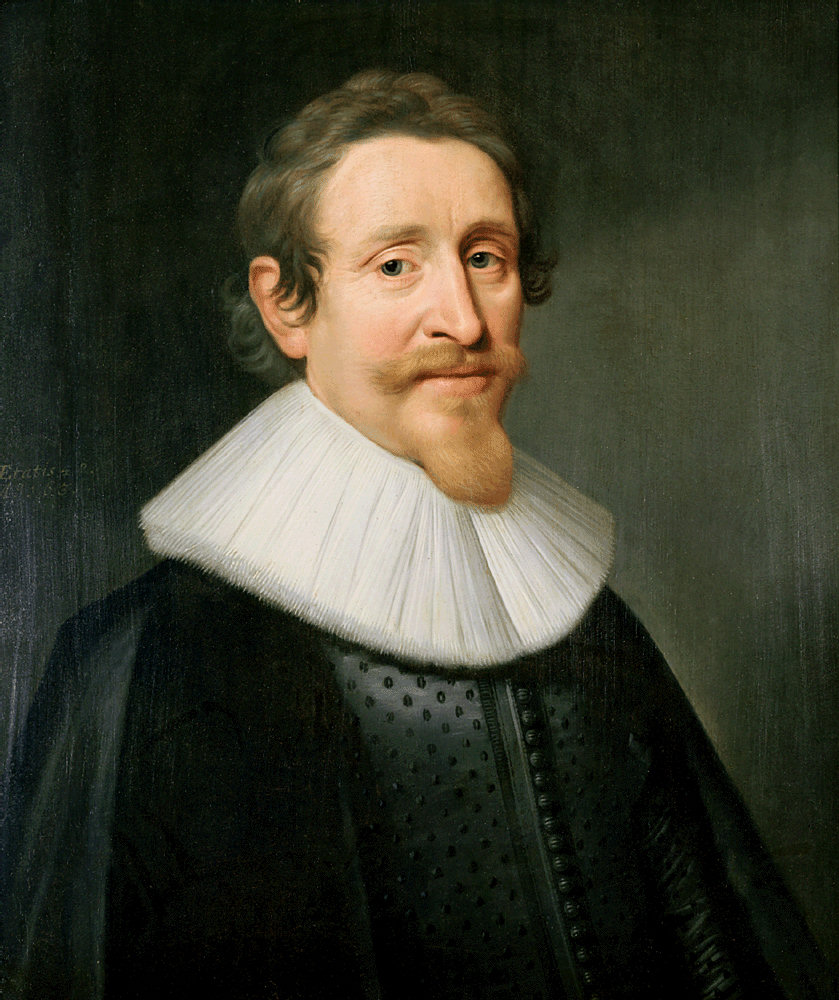
Spiritual Influences on the Law
Rafael Domingo
Photo by George Becker on Pixabay
While often viewed as opposing forces, law and spirituality are deeply connected. In this and other essays in this series, we explore some of the connections between legal and spiritual dimensions of human experience. Here, we note that spirituality can push legal systems to change; indeed, history suggests that legal systems evolve through spiritualization in many different ways. As explained below, spirituality can…
- promote the dematerialization of legal systems
- encourage the limitation of domination as a central feature of law
- inspire the reduction of coercion as the principal means for implementing law
- stimulate the primacy of communion as a legal objective
- encourage stronger legal interactions between human beings, animals and the environment; and
- increase respect for the law.
First, spirituality can promote the dematerialization of legal systems, which refers to a reduction in a legal system’s reliance on material elements like legal documents to maximize effectiveness. Dematerialization occurs, for instance, when intention prevails over the literal interpretation of contracts and wills; when legal systems reduce unnecessary formalism; and when the law stimulates agency, representation, and the creation of legal entities and institutions. The less tangible and materially-dependent a legal system, the more spiritual.
One excellent paradigm of legal dematerialization is the unwritten British constitution. Unlike most modern democratic states, Britain has a constitution only in the abstract—in a spiritual sense, we can say, comprising a host of historically momentous laws and principles, including the famous Bill of Rights (1689), parliamentary conventions, statutory law, works of authority, customs, and common law.
Next, spirituality is closely related to a legal system’s reliance on domination as defining factor of legal relations. The greater the domination allowed or exercised by a legal system, the lower the degree of legal spiritualization. Domination is the opposite of spirituality. Domination is based on inequality, force, and subordination. Spirituality, however, is based on love, communion, and freedom. If legal systems are established primarily and above all to restrict private and public domination, then legal systems evolve when they gradually move from being defined in reference to private or public domination towards a legal ethos of communion.

In the area of the law of nations, the concept of just war is a good example of legal systems restricting domination. Augustine of Hippo developed the theory of just war to limit the declaration and use of war as an instrument of domination. Thomas Aquinas in the Middle Ages completed the doctrine, but it was Hugo Grotius in his work The Law of War and Peace (1625), who articulated a systematic theory of just war founded on rationality and developed a legal framework for determining the justice of war. In the twentieth century, the codification of the 1949 Geneva Conventions strongly limited domination and suffering caused in war (ius in bello) by addressing the treatment of sick and wounded combatants, prisoners of war, and protection for civilians and noncombatants in times of military conflict.
Third, spirituality and law interact through the medium of legal coercion. Coercion is a necessary condition for the existence of any legal system; according to some legal philosophers it is what makes law distinctive. However, since coercion restricts freedom, spirituality inspires the reduction of legal coercion to the necessary minimum degree. Examples in history abound. For instance, an important conquest of spiritualization was the elimination of torture from legal systems, including canon law. Judicially sanctioned torture disappeared in England about 1640. It was abolished in Germany in 1776, but not in France until 1789. After the 9/11 terrorist attacks, some Americans defended the morality and legality of torturing terrorists in the course of interrogation. Some scholars denied that possibility with solid arguments. However, to share arguments opposing torture, a political community should have achieved a certain level of spiritualization. Otherwise, the elimination of torture seems to be considered unrealistic and utopian, as unfortunately it still happens in our time in many parts of the world.
Spiritualization also influences the evolution of legal regimes in terms of the ways in which law binds people together. Less spiritual legal systems create civil society on the basis of reciprocally respected and enforceable rights. It is a compact of convenience, not of true community. Spirituality, however, is fundamentally about union with the universe, humanity, and ultimately God. Spiritually evolved legal systems thus stimulates communion between and among people beyond the contingent plurality of institutions, groups, conflicts, and rights. The birth of the European Union is a good example of this kind of spiritual stimulation. The first and crucial steps of the long European integration process after the Second World War were possible, at least in some notable degree, due to the spiritual stature of the so-called European founding fathers: Konrad Adenauer, Robert Schuman, Jean Monnet, and Alcide De Gasperi, among others. They were able to build a new Europe from the blood and ashes of the battlefields based on the values of reconciliation and communion, and overcoming any kind of domination, revenge, and retaliation.
Legal spirituality inspires communion not only with other human beings but also with all living beings and the environment.
Fifth, legal spirituality inspires communion not only with other human beings but also with all living beings and the environment. Animals matter for spirituality, and animals matter for the law now more than ever. A new legal field has recently emerged to protect animals against cruelty and suffering and to develop a communicative interaction between human and animals. Animal law is a body of laws, regulations, and agreements that govern human interaction with domestic animals and wildlife. Spirituality helps human beings to overcome the traditional hierarchical approach to animals and to see them as beings with feelings, emotions, and worth, not just as property for human exploitation.
The protection of the environment also plays an important role in the relation between law and spirituality. The so-called Earth Charter (2000) is a civil society declaration endorsed by hundreds of international institutions and offers a framework for building a just, sustainable, and peaceful world in the twenty-first century. Grounded in spiritual values, the charter acknowledges, the deep interconnections between protection of ecosystems, eradication of human poverty, social justice, and world peace.
Finally, spirituality also helps develop respect for legal systems as important tools for the development of human beings. Respect is the necessary starting point of true communion. Otherwise, the resulting union will be dominative, but not communicative, let alone spiritual. When human beings see the legal system and the legal dimension as a part of an instrument for a higher spiritual unity, it is easy for them to respect the legal systems more than when they consider the legal dimension a mere product of temporary human convention and agreement. The deeper the reason is for extending respect, the more easily people offer respect.

Rafael Domingo is the Spruill Family Research Professor at the Center for the Study of Law and Religion at Emory University, and Professor of Law and ICS Research Professor at the University of Navarra in Spain. Domingo specializes in legal history, legal theory, ancient Roman law, and law and religion.
Recommended Citation
Domingo, Rafael. “Spiritual Influences on the Law.” Canopy Forum, October 8, 2019. https://canopyforum.org/2019/10/08/spiritual-influences-on-the-law-by-rafael-domingo/

